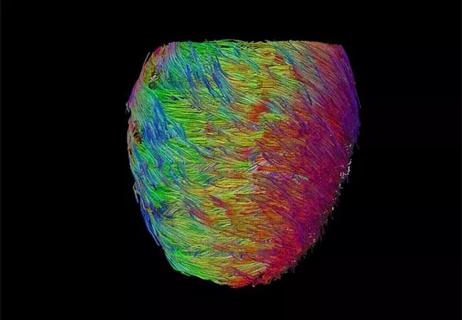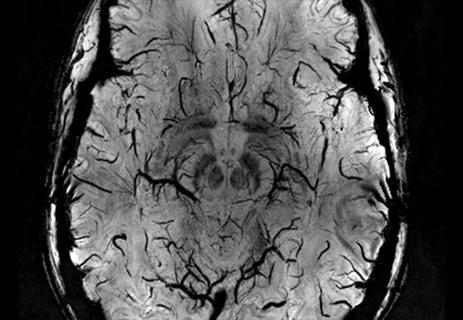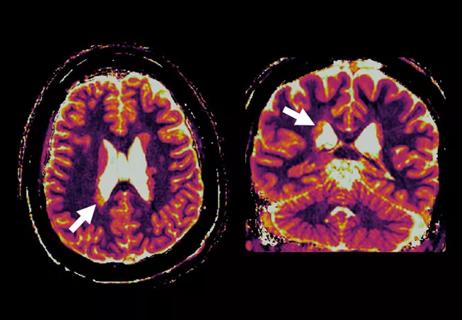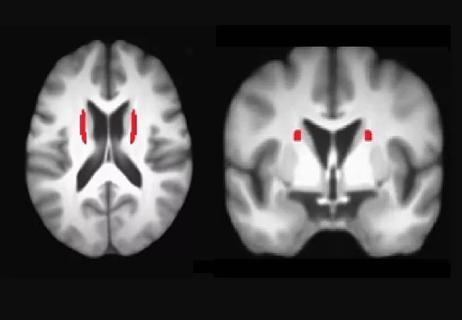Locations:

Focus is on giving patients a better imaging experience while acquiring more data

Shortcomings in specificity show influence of cortical changes beyond demyelination

Insights gleaned from six years with the high-definition imaging technology

Preliminary study suggests T2 may be a clinically significant biomarker of kidney disease progression
Advertisement
Cleveland Clinic is a non-profit academic medical center. Advertising on our site helps support our mission. We do not endorse non-Cleveland Clinic products or services. Policy

Studies yield promising data in patients undergoing presurgical evaluation

Advances toward biomarkers of progression are underway
Advertisement
Advertisement